The Project Concept
The use of Thermal Energy Storage (TES) in combination with the thermal conversion of solar irradiation – Concentrated Solar Power (CSP) – has long been regarded as an important technological solution for the production of dispatchable electricity. Whereas thermal oil based systems have set the standard in the first generation of commercial CSP Plants, the use of Molten Salts as heat transfer and storage media has been gathering research efforts and is regarded, by the industry, as the foregoing standard for new commercial plants.
Molten Salt (MS) research has been deployed along the past decade in Germany and Italy, alongside with the erection of dedicated Research Infrastructure (RI) enabling the study and experimental test of e.g. materials, components or O&M procedures suiting this innovative technological approach. With the recent commissioning of a full-fledged Molten Salt Solar system emulating a commercial MS-CSP Plant in Évora, Portugal has joined this research effort with a new outstanding RI in this field.
Gathering the unique experience of two non-Widening partners in the development and operation of the most important MS-RI at European level with the incumbent new RI capacity available in a Widening country, the present proposal aims at enhancing the scientific excellence and innovation capacity of the Consortium in the foregoing exploitation of this outstanding RI. SALTOpower has a strong focus on an enhanced capacity building of researchers going beyond purely scientific capacities, strengthening the research management and administration skills of the Widening RI.
By means of enhanced cooperation duly framed on a common research strategy aiming at further developing MS technologies, SALTOpower aims at creating the reference European facility for the development and testing of Molten Salt based technologies for energy storage and dispatchable power production solutions, for the integration of different renewable energy sources, power and gas grids.
Key Objectives
Engaging two top-class leading partners around a scientific strategy for stepping up and stimulating scientific excellence and innovation capacity on the use of Molten Salt technologies as a Key Clean Energy Transition solution, SALTOpower aims at enhanced networking with the Coordinator Widening partner, raising its research profile through the exploitation of their staff and infrastructural synergies in the establishment of the Reference European Facility in Molten Salt Research for Energy applications.
1. To raise UEvora research profile by means of cutting-edge research with EU top-class leading partners DLR and ENEA;
2. To raise the research, technical and administrative skills of UEvora staff;
3. To steer Career Building and attractiveness of Young Researchers to UEvora;
4. To enhance the networking of UEvora in scientific and Industry fora;
5. To ensure the valorisation and impact of UEvora research.
Project WP Structure
Objectives
- To assure an efficient administrative/financial, quality and risk management of the project and to develop a suitable project management framework and tools integrating already existing components at the Widening partner with the management experience of TOP partners.
- To develop a concrete Cooperation framework fostering ensuing activities.
- To monitor efficiently the research and technical-administrative uplift of the Widening staff.
- To monitor and enhance Gender Equality measures and aspects.
Objectives
- To develop a “beyond state-of-the-art” vision on the use of Molten Salt technologies as energy source for renewable gas production processes.
- To develop a “beyond state-of-the-art” vision on the use of Molten Salt technologies in the development of flexible and high-capacity stand-alone energy storage / inter-grid integrator solutions.
- To upgrade the Widening RI enabling its ensuing use in MS-driven renewable gas production research and its remote access for distributed R&D activities with TOP and industrial partners.
Objectives
- To enhance the scientific capacities of Widening Young and Candidate Young Researchers as to create a devoted research team in SALTOpower scientific field.
- To engage two+ Candidate Young Researchers in the development of PhD Thesis in SALTOpower research topics.
- To steer the Widening SALTOpower Young Researcher profile to become a leading researcher in charge of the Widening research team by the end of the project.
- To enhance the attractiveness of research careers at the Widening institution by toping the access to cutting edge research and RI with “off work” life quality amenities available in the Widening context.
Objectives
- To enhance the development of a common policy alignment on MS technologies implementation for various processes at different political and geographical levels.
- To enhance the development of a common European scientific alignment on the aforementioned technologies on already existing working-groups framework and/or the creation of new ones.
- To actively disseminate the Cross-Cutting SALTOpower outcomes among industrial partners.
- To create the appropriated environment for the development of future common proposal to several funding opportunities within the topics covered by SALTOpower.
Objectives
- To maximise SALTOpower Widening Institution impacts by implementing Quadruple-Helix Model.
- To develop, maintain, and execute a Plan for Dissemination, Exploitation, and Communication (DEC) that maximises the project’s results, outcomes, and impacts.
Milestones
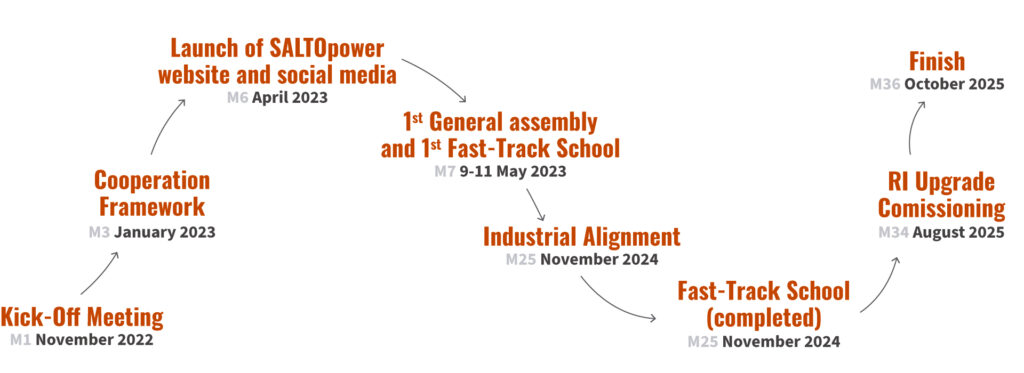
Consortium
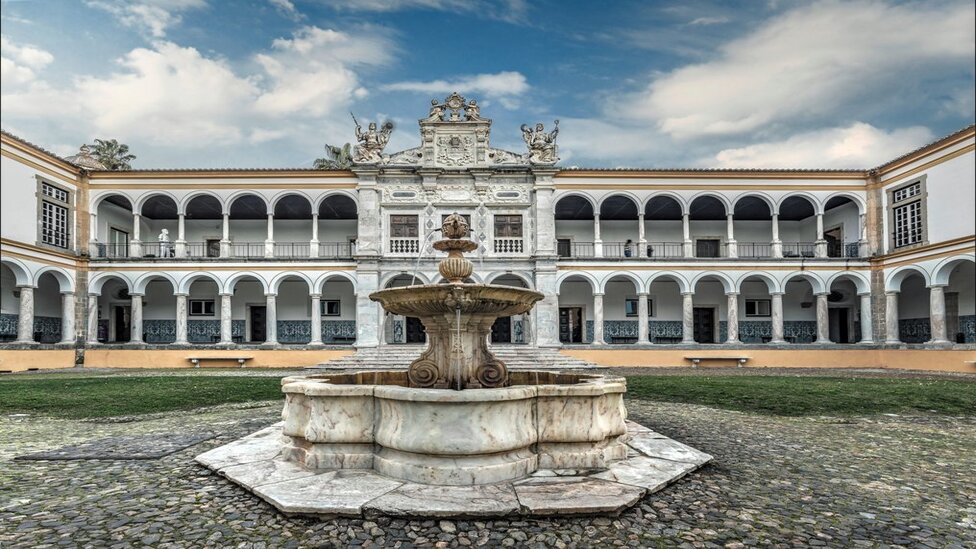
Universidade de Évora (UÉ)
Established in the XVI century, the University of Évora is the cornerstone High Education Institution in the region of Alentejo. Taking the responsibility over WP1 Coordination and WP5 Relevant Impact, as means of assuring the uplift of its WIDENING profile at research and technical-administrative level by means of engaging its Research, Administrative, Innovation and Communication coordinated competencies and structure in both project management and coordination (WP1) and Dissemination, Exploitation and Communication activities (WP5).
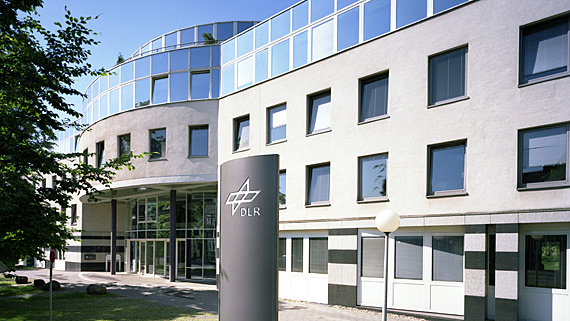
Deutsches zentrum fur luft - und Raumfahrt (DLR)
The German Aerospace Center, is Germany´s national research centre for aeronautics, space, transport and energy. Taking responsibility over WP3 Career building, thus bringing the capacity building background and experience to the coordination of training, tutoring and mentoring activities (as of its previous experiences in e.g. SFERA-I, SFERA-II and SFERA-III, STAGE-STE or SolarPACES initiatives) grounded on its outstanding RI and R&D experience in SALTOpower scientific field.
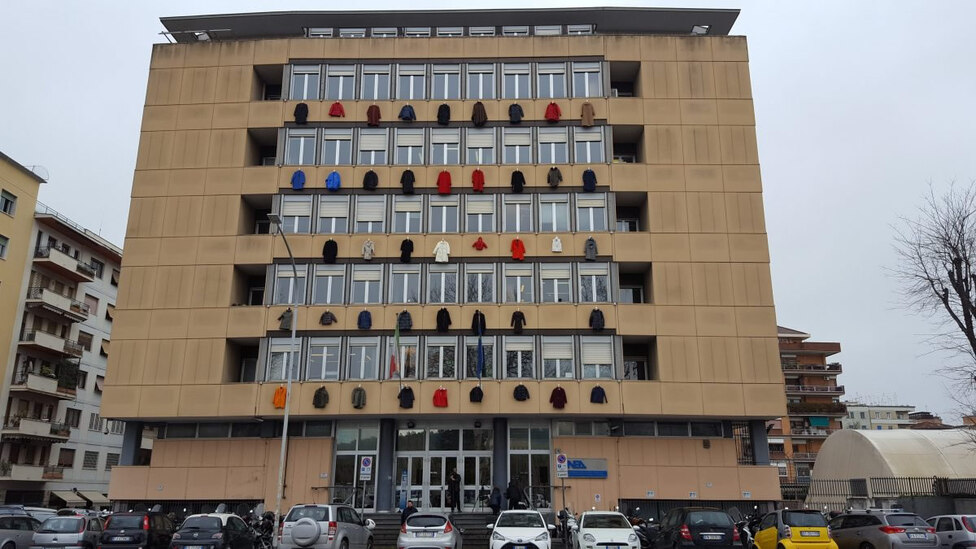
Agenzia nazionale per le nuove tecnologie, l’energie e lo sviluppo economico sostenibl (ENEA)
National Agency for New Technologies, Energy and Sustainable Economic Development, founded in the 1960’s is a public body aimed at research, technology transfer and technical-scientific support in the dependence of the Ministry of Economic Development. Taking responsibility over WP2 Excellence R&D and WP4 Aligned strategy, thus bringing the complementary background on their ongoing development of the P2Gas topic envisaged as one important pathway for the WIDENING-RI upgrade, as well as its long-standing mission and experience of engagement with Policy, Scientific and Industrial actors, at both national and European levels, in the development of research and know-how transfer strategies.
Project WP Leaders
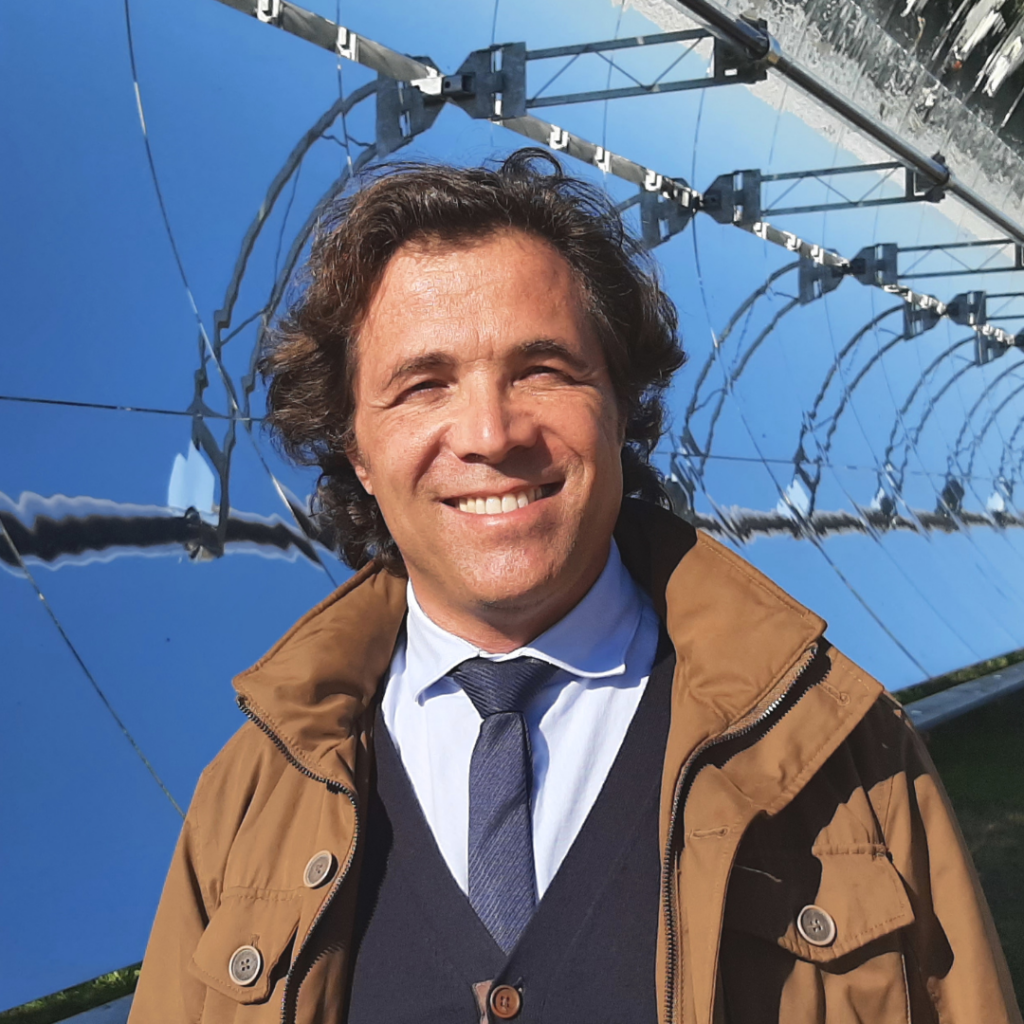
Pedro Horta – Project Coordinator – WP1 and WP5
Dr. Pedro Horta, Head of the Renewable Energies Chair at the University of Évora and Coordinator of INIESC – the Portuguese National Research Infrastructure in Solar Energy Concentration, has a 20+ years research career in solar energy technologies and applications. As Coordinator of INIESC – the Portuguese National Research Infrastructure in Solar Energy Concentration, aims at the strategic development of these research activities in line with the development of this research facility. Part of the ERIC Infrastructure EU-SOLARIS (ESFRI), its development aims at the demonstration of a solar energy driven Energy Transition energy system, capable of producing and storing different energy vectors: electricity, heat, hydrogen or renewable fuels and water – providing their inter-conversion and dispatching upon demand. Aiming at enhacing the conditions for the development of excellence research conditions in both UEvora RE Chair and INIESC Infrastructure, Pedro Horta is the Coordinator of two Horizon Europe Twinning projects, assuring high-level cooperation with DLR (Germany) and ENEA (Italy) in the field of solar applications with molten salts (SALTOpower) and CIEMAT (Spain), ITCanarias (Spain) and UNIPAlermo (Italy) in the field of solar desalination and water treatment (Sol2H2O).
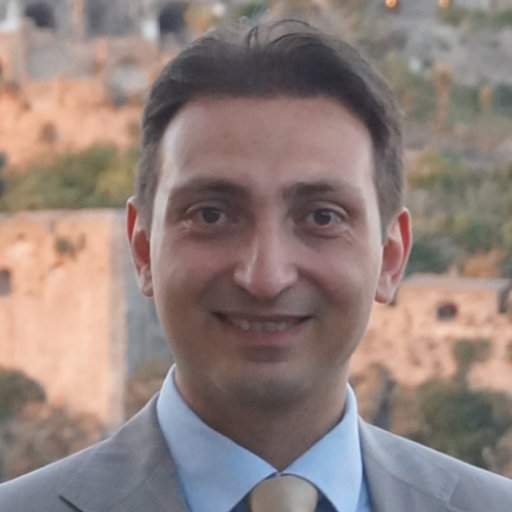
Marco D’Auria – WP2 and WP4
Dr. Marco D’Auria is a Mechanical Engineer and he received his PhD in Materials and Structures Engineering at University of Naples “Federico II”. He is a permanent researcher in ENEA since 2019 in the Solar Thermal, Thermodynamic and Smart Network Division. His current activities concern the modelling and simulation of CSP components and systems, development of CSP performance models, and techno-economic analysis of SHIP (Solar heat for industrial process) case studies.
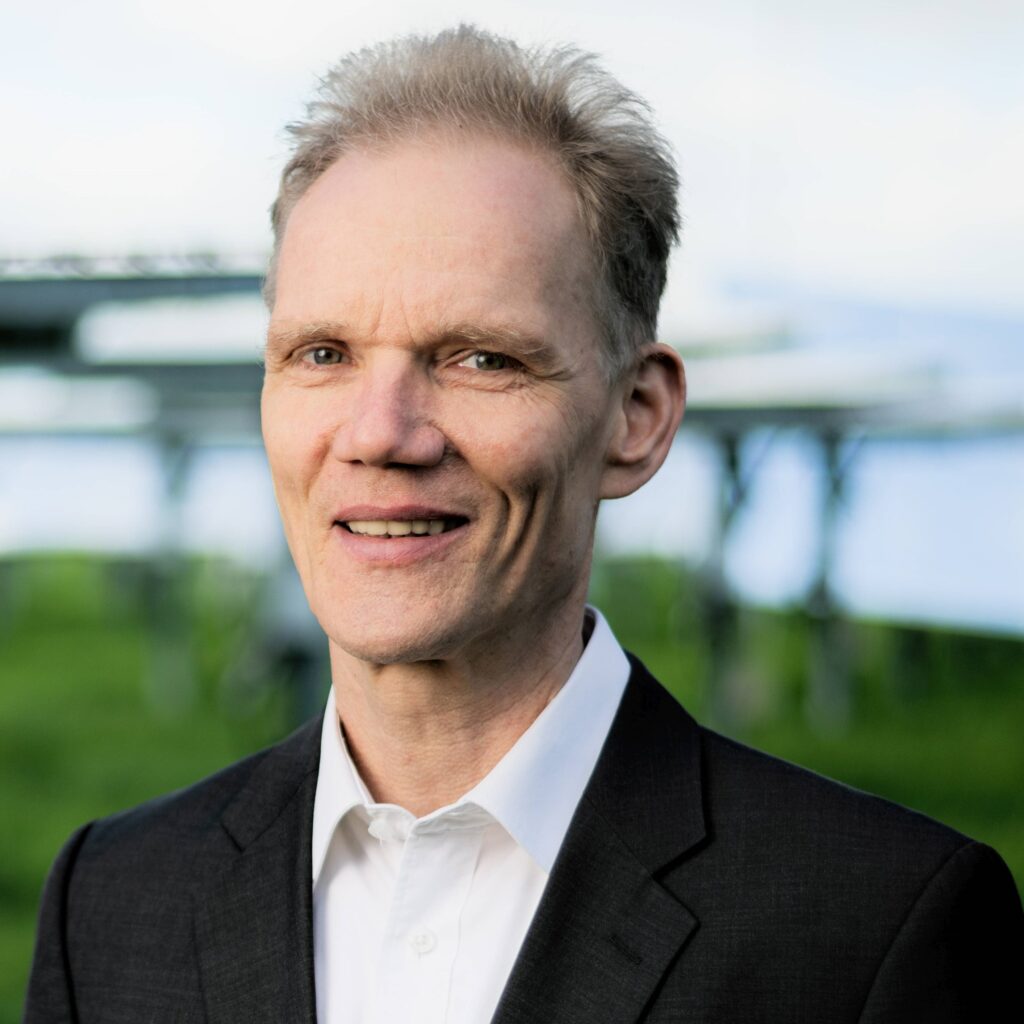
Eckhard Lüpfert – WP3
Dr. Eckhard Lüpfert is head of the department Concentrating Solar Technologies, for DLR German Aerospace Center, Institute of Solar Research. Activities with his teams include scientific and commercial projects in the field of concentrating solar technologies worldwide. He is with DLR since 1992 and has more than three decades of experience in the field of Solar Parabolic Troughs, Solar Tower Systems, their components, any other CSP technologies, and Solar Chemistry. He has been active in a leading role in several EU funded and numerous other projects, and as cofounder of spin-off companies in the sector. From 1997 to 2005 he was member of the permanent DLR delegation at Ciemat’s Plataforma Solar de Almeria, Spain. Eckhard is Chair of IEC Technical Committee TC117, preparing standards for solar thermal power plants. He holds a degree as Mechanical Engineer (Energy Technology), and PhD Doctoral Degree in Engineering from the Technical University of Aachen (RWTH), Germany.
Team Members
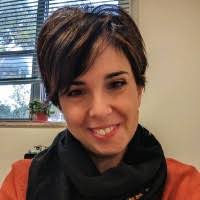
Anna Chiara Tizzoni
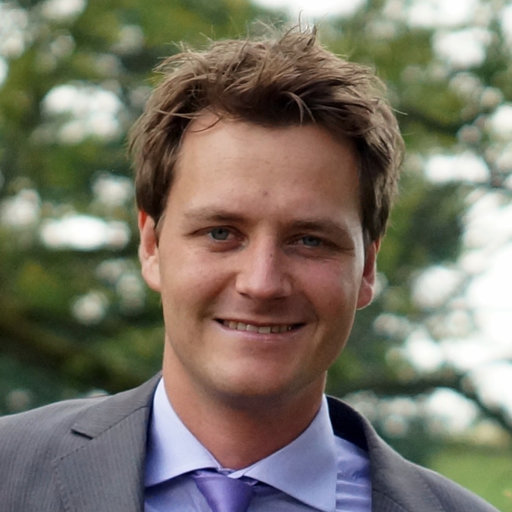
Christian Odenthal
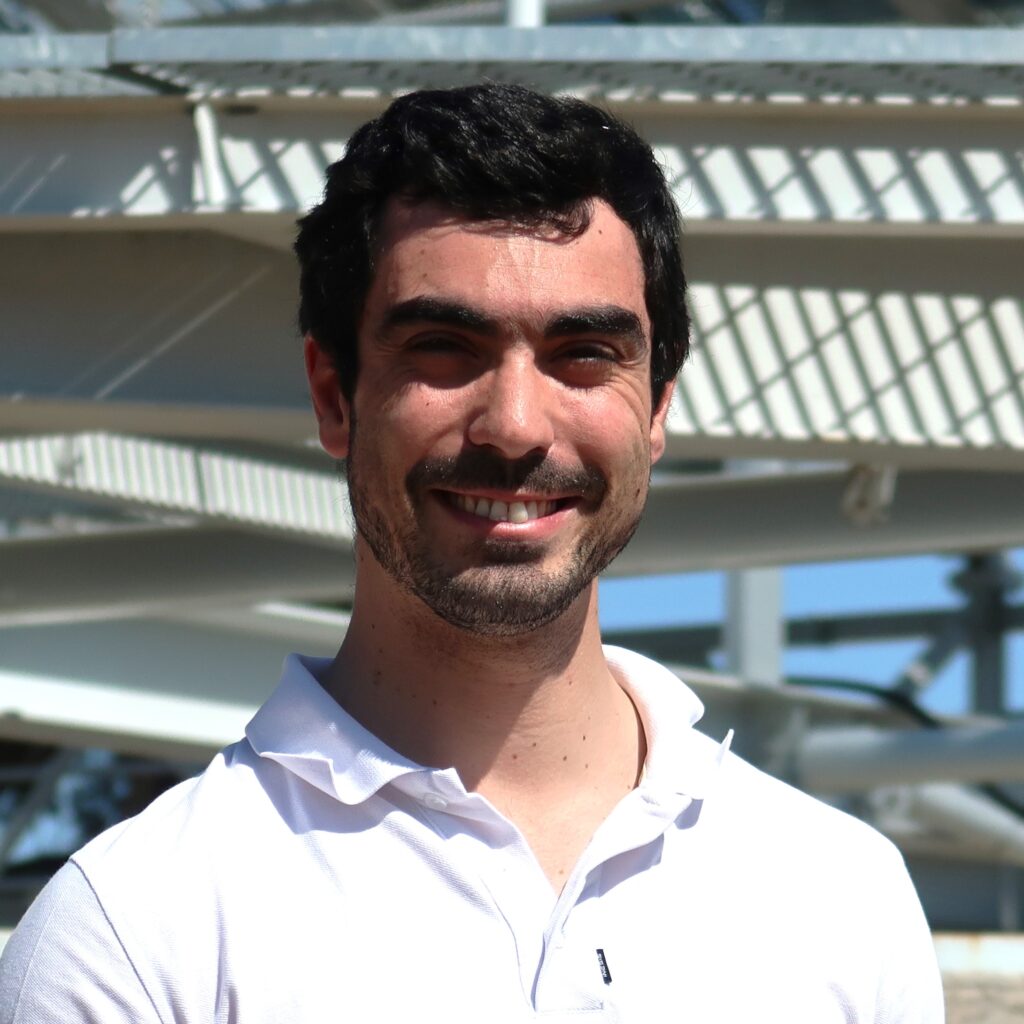
Diogo Canavarro
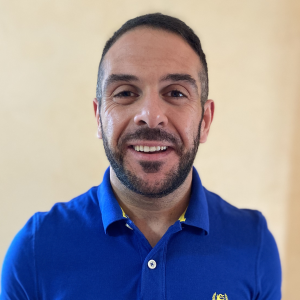
Francesco Rovense
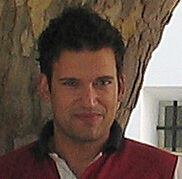
João Marchã
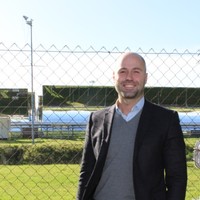
Luca Turchetti
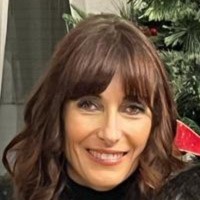
Michela Lanchi
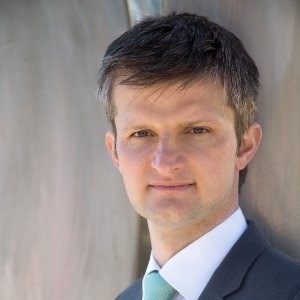
Michael Wittman
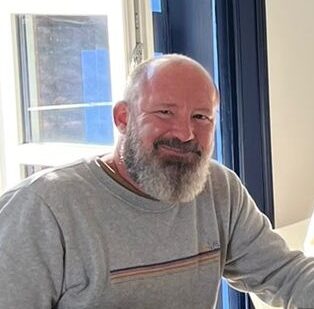
Mirko Meyer-Grünefeldt
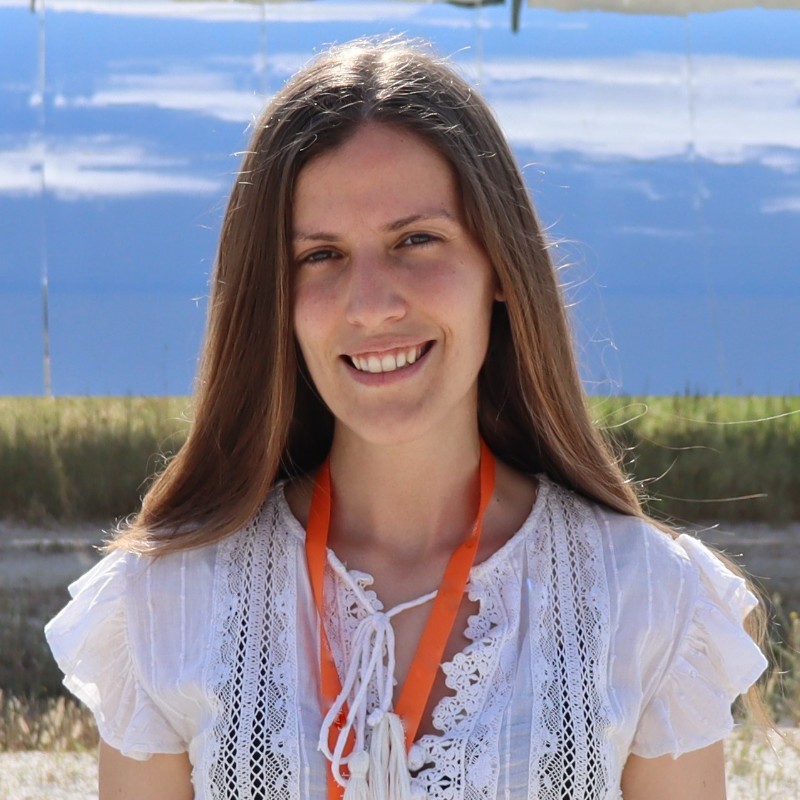
Paula Martins
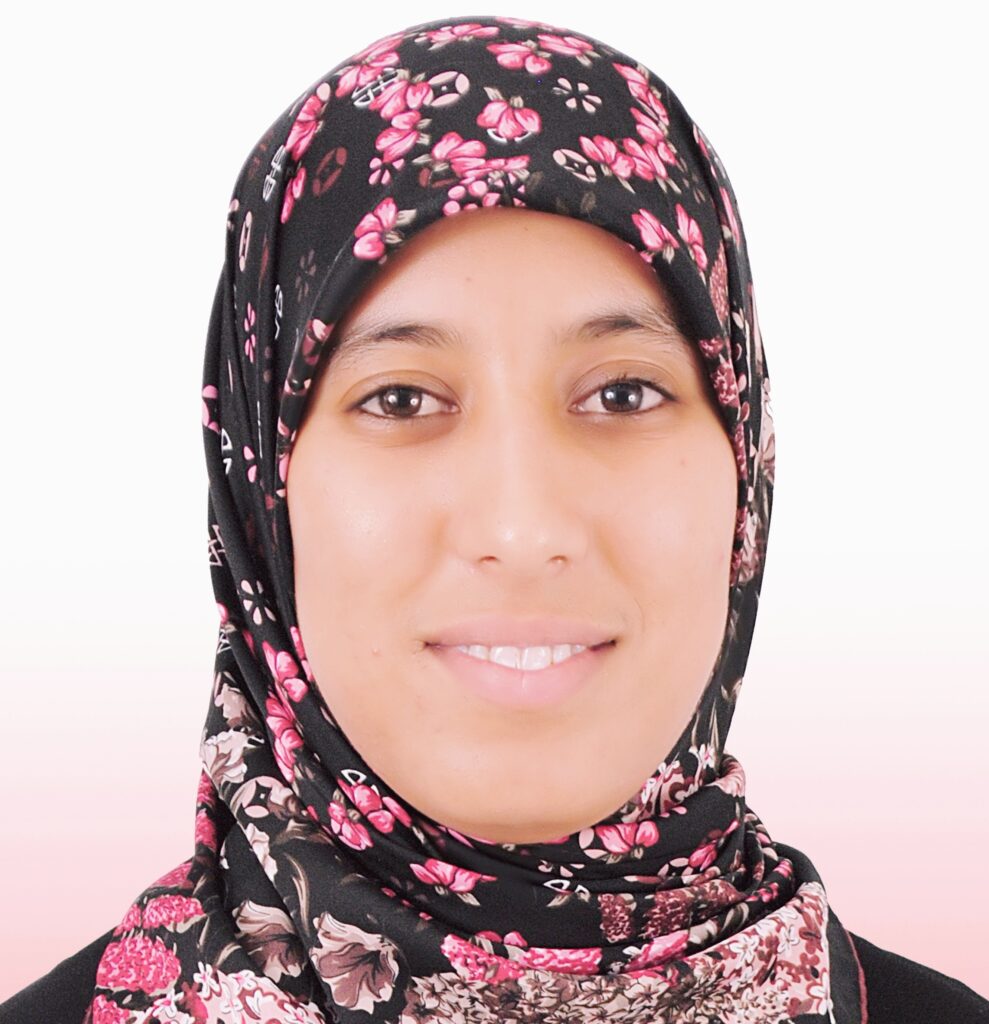
Radia AIT EL CADI
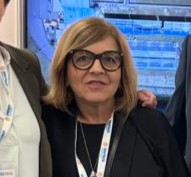
Simona de Iullis
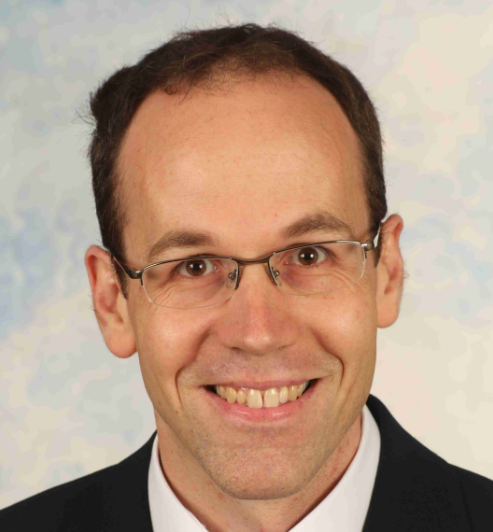
Thomas Bauer
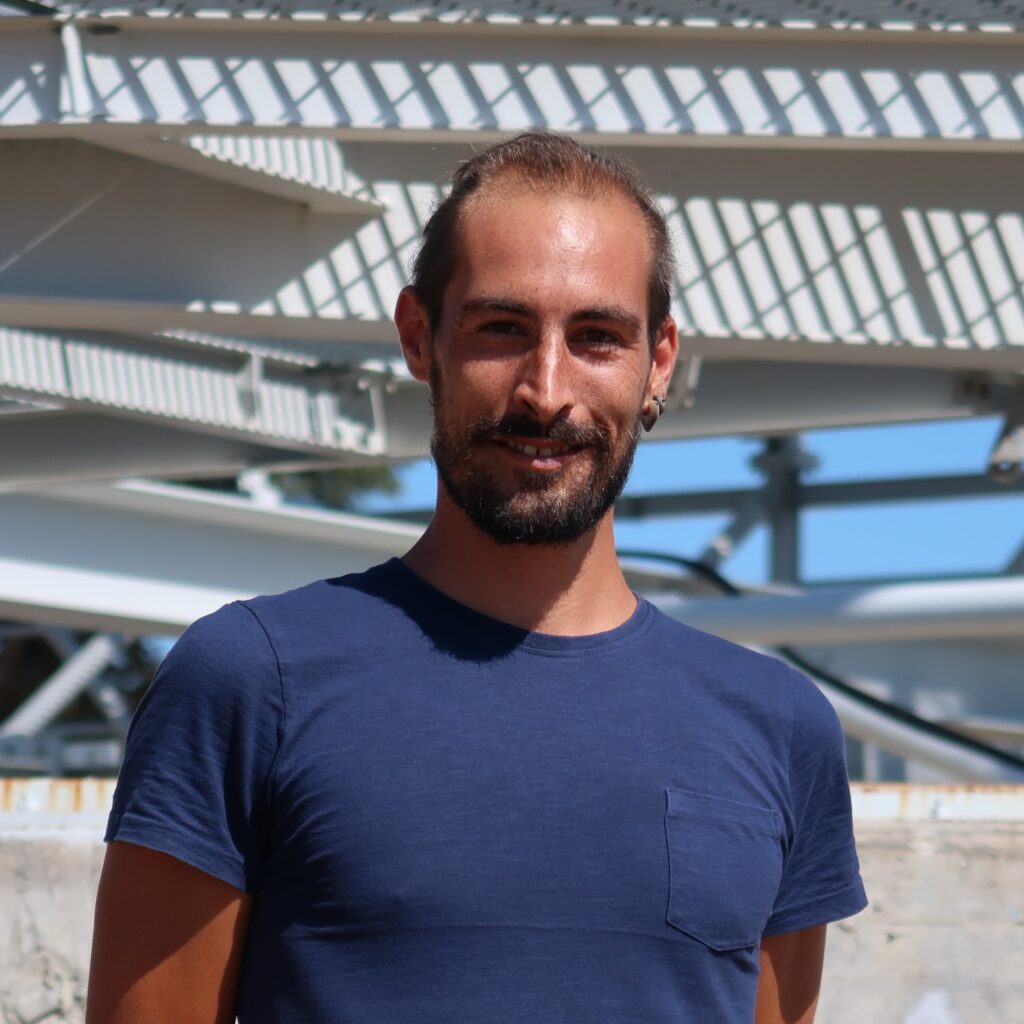
Tiago Eusébio

Valeria Russo

Walter Gaggioli
